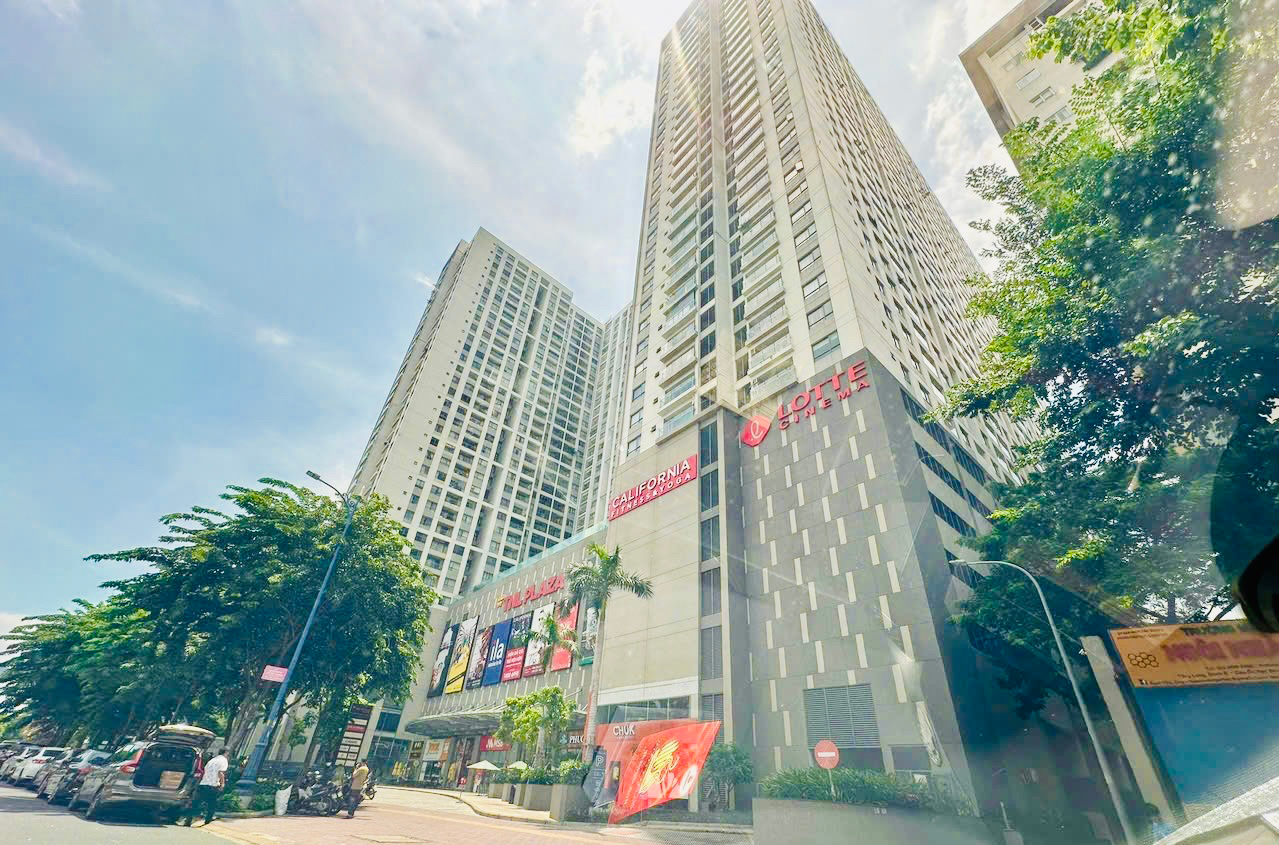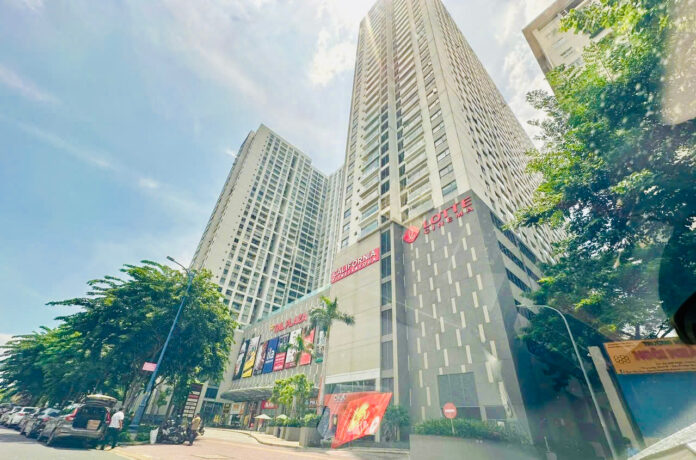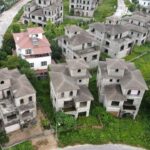In its recent report to the National Assembly, the Ministry of Finance proposed a new personal income tax (PIT) policy for real estate transfers: a 20% tax on profits (selling price minus purchase price and legitimate expenses) in addition to the current 2% tax on the total transfer value. The aim is to increase fairness and transparency in tax administration, while also curbing speculation that drives up prices. However, some are concerned about whether this policy will truly target speculators or inadvertently cause housing prices to rise, affecting genuine buyers.
Anti-speculation Tax?
Master of Laws – Lawyer Nguyen Phuong Lien from SENLAW Law Firm opined that the 20% tax rate is in line with international practices and reflects the principle of taxing actual income. This will increase state budget revenues and reduce tax losses. However, the big challenge lies in enforcement, as many real estate transactions lack complete data on purchase prices, especially for long-held assets, inherited or gifted properties, or those bought through informal channels. The valuation and information management systems are not yet synchronized, making it difficult to determine profits and leading to potential disputes.

The proposed personal income tax policies on real estate transactions remain controversial among stakeholders
Additionally, if legitimate expenses such as interest expenses, renovation costs, and inflation factors are not taken into account, sellers may increase prices to compensate for the tax burden, inadvertently driving up housing prices.
Many experts agree that taxing profits is reasonable and fair, as it reflects true income rather than revenue. However, detailed guidance is needed on deductible expenses, including interest, legal fees, repairs, and inflation adjustments for long-held properties. Master of Laws – Lawyer Lien emphasized that the real estate market is currently sluggish. If the new tax is implemented without synchronizing legal infrastructure and data, liquidity could decrease, and house prices may rise as sellers include tax costs in their asking prices. This would make it even more difficult for genuine homebuyers to access housing.
Some intermediate solutions have been proposed, such as: flexible application of the two tax options depending on the ability to prove the original price of the transaction; tax exemptions or incentives for social housing and affordable housing; and a gradual transition from the flat-rate tax to a profit-based tax over a specific timeline. However, the challenge lies in encouraging honest declarations of expenses by taxpayers while preventing inflated declarations aimed at reducing tax liabilities, unless effective verification tools and a comprehensive legal framework are in place.
Considering Both Options
Ngoc Mai, a resident of Binh Tan District, Ho Chi Minh City, and a multiple property owner, shared that with stable finances and a focus on rental investments, she prefers the 2% tax option as it is simpler and does not require detailed declarations. On the other hand, as a real estate investor, Bui Thanh Long from District 7, Ho Chi Minh City, opts for the 20% tax rate as it allows him to calculate his actual profits and losses.
Tran Khanh Quang, Director of Viet An Hoa Real Estate Company, pointed out that the current 2% tax rate is somewhat “uniform.” When the market is booming and sellers make significant profits, there are no objections. However, when the market turns downward and sellers incur losses, it is unfair for them to still pay a 2% tax. This is especially true for high-value properties, where the loss is more evident. He gave an example: if someone purchases a property for VND 100 billion but sells it for only VND 105 billion a year later, just enough to repay the loan or roll over the capital, they still have to pay a 2% tax (VND 2.1 billion), excluding interest expenses, notary fees, brokerage fees, etc., resulting in a loss. If the 20% profit-based tax were applied in this case, the seller would pay almost no tax. According to Mr. Quang, allowing citizens the choice between the two options is reasonable and flexible, depending on the specific circumstances.
Nguyen Tan Phong, Director of the Legal Consulting Center of the Vietnam E-Commerce Association, agreed with the orientation of taxing profits to reflect actual income. However, to ensure feasibility and fairness, he suggested maintaining both options in parallel. The 20% rate should be applied when citizens have complete documentation to prove their expenses, while the 2% rate should be applied when the original price cannot be determined. This approach would reduce risks in transactions involving long-held assets, inherited or gifted properties. “Tax is not only an obligation but also an indicator of fairness. For the policy to be effective, detailed and unified guidance is needed nationwide to avoid each locality applying different practices, causing difficulties for citizens,” emphasized Mr. Phong.
Master of Laws – Lawyer Nguyen Phuong Lien also agreed that proposing the 20% tax rate is appropriate in principle. However, it should be carefully considered in the context of incomplete and non-transparent data on prices and expenses. The state needs to promptly issue a clear legal framework and improve the database for effective implementation.
Dr. Tran Quang Thang, Director of the Ho Chi Minh City Institute of Economics and Management: Implement Progressive or Area-based Taxation
The introduction of a second real estate tax with these two options may have various impacts on the market: If the tax rate is too high, owners of second properties may be discouraged from investing, especially in the rental or long-term investment sectors. Investors may shift their focus to other assets such as gold and securities instead of real estate. If the tax is levied on the transfer price (2%), it may cause housing prices to rise as sellers adjust their asking prices to compensate for the tax burden. If the tax is based on profits (20%), house prices may not be directly affected, but investors may exercise more caution before buying and selling. Owners may hold onto their properties longer to avoid taxes instead of frequently trading. There may also be tax evasion tactics such as transacting through intermediary companies or manipulating profits to reduce taxable income.
In my opinion, there are some alternative tax options that could be considered to ensure fairness and promote the sustainable development of the real estate market. These include: progressive tax based on the number of properties owned; tax based on area or asset value; tax on short-term real estate transactions; and tax on benefits derived from infrastructure development.
Digital Asset Management and Trading in Vietnam: The Urgent Need for a Suitable Legal Framework
In Vietnam, despite the absence of a formal legal framework, the estimated scale of digital currency transactions reaches a staggering $100 billion annually, with over 27 million accounts involved. This underscores the immense societal demand and underscores the urgent need for a clear, flexible, and appropriate legal framework to govern the digital asset landscape.
“Taxing Vacant Properties to Curb Speculation and Market Disruption”
“Experts advocate for the introduction of a targeted tax aimed at vacant properties to curb real estate speculation and redirect financial flows into productive economic activities. This measure is proposed as a timely and strategic move to discourage the hoarding of properties and encourage the productive utilization of resources, stimulating much-needed economic growth and development.”
Selling a House at a Loss: Do We Need a Shift to a 20% Capital Gains Tax?
The proposed 2% tax on personal income from real estate sales is a straightforward and easily applicable approach. On the other hand, a 20% tax rate on profits ensures fairness, as those with higher profits pay more, while those who incur losses may be exempt from paying any tax at all.
“A Vacant Property Tax: Curbing Speculation and Soaring Property Prices”
“The proposed tax on vacant property, according to experts, will deter speculative buying and curb rising real estate prices. This measure is designed to discourage property flipping and the creation of artificial demand, which have been driving up prices. With this new tax, such practices will become obsolete, as there will be little to no incentive to engage in them.”





















